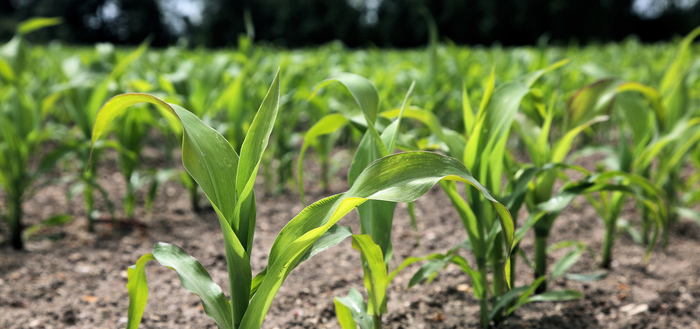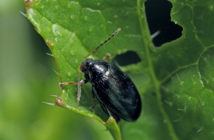Emergency Authorisations have been granted for three key seed treatments after a concerted lobbying campaign.
Seed treated with bird deterrent Korit (ziram), Redigo M (prothioconazole + metalaxyl) fungicide and/or Force 20 CS (tefluthrin) insecticide, can be imported and grown in the UK this season. The Emergency Authorisations are not permanent but does allow for treated seed to be used in 2024.
Following the UK’s departure from the EU all three products were due to be banned from 31st December 2023. After this date, it would have been illegal to import, sell or sow any seed that has been treated with any of these products.
Limagrain helped spearhead a working group to lobby the Government, without a reversal to the policy the company believes it would have put doubt the future viability of maize grown for livestock forage or as a feedstock for anaerobic digestion (AD) plants. “Without a suitable bird repellent, insecticide and fungicide, there’s a substantial risk that newly drilled crops could be completely wiped out by corvid grazing, or seriously hindered by insect damage and soil-borne pathogens,” explains Limagrains’s Tim Richmond.
But the campaign doesn’t end here Mr Richmond continues. “Whilst the emergency use authorisations are a significant win for the industry, they are by no means a permanent solution. We are therefore continuing to lobby on behalf of all UK maize growers to secure a more sustainable solution in the form of a longer-term delay on the ban which will require a change in UK law, and will encourage the CRD (Chemicals Regulation Division) to ensure the next generation of maize seed treatments are approved at a regulatory level as quickly as possible.”




